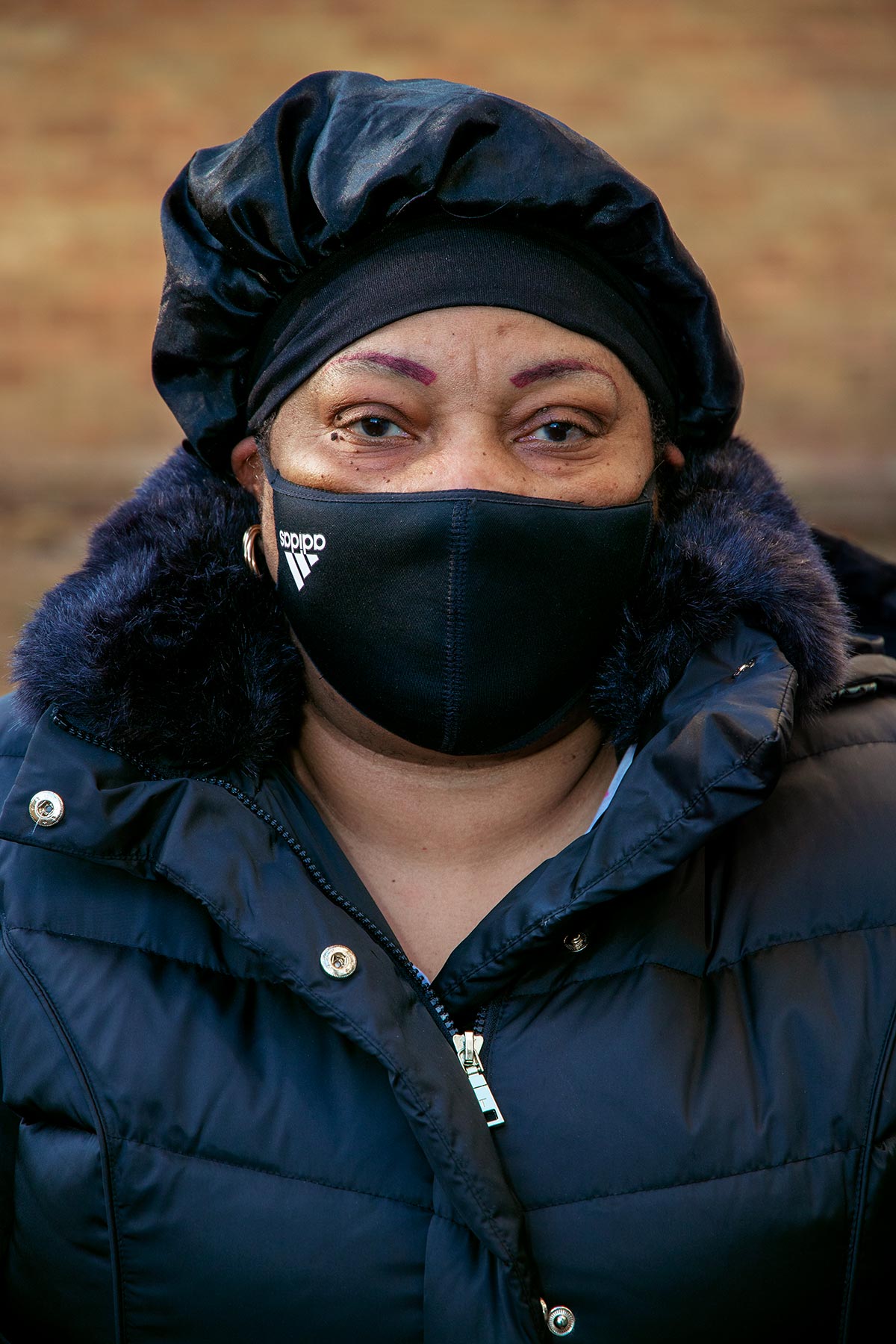 Dexter McLean, Michelle, 2020. Commissioned by Autograph.
Dexter McLean, Michelle, 2020. Commissioned by Autograph.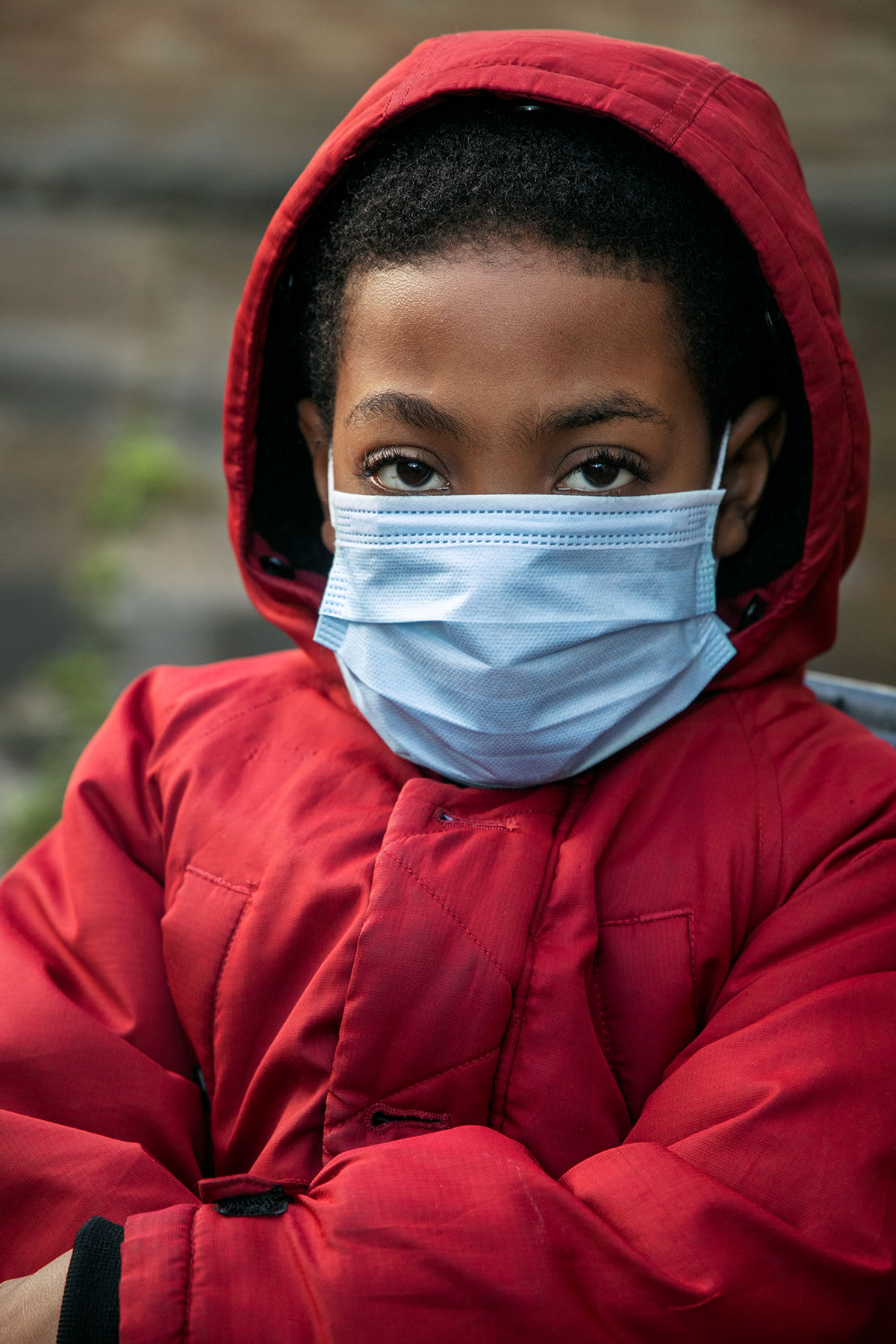 Dexter McLean, Kamahl, 2020. Commissioned by Autograph.
Dexter McLean, Kamahl, 2020. Commissioned by Autograph.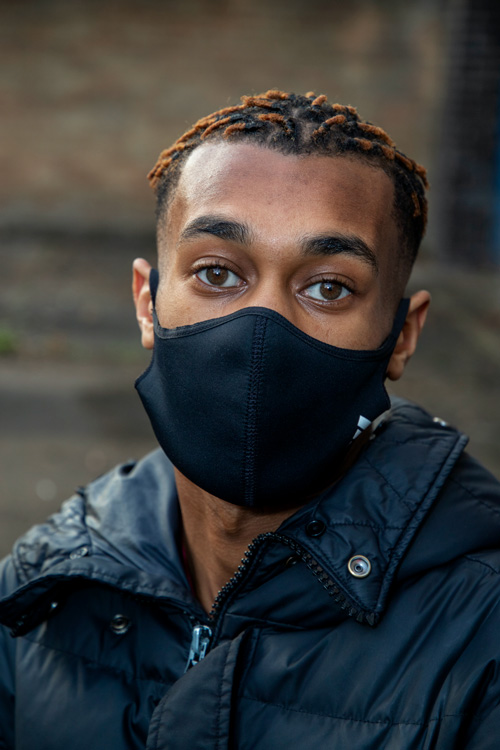 Dexter McLean, Keenan, 2020. Commissioned by Autograph.
Dexter McLean, Keenan, 2020. Commissioned by Autograph.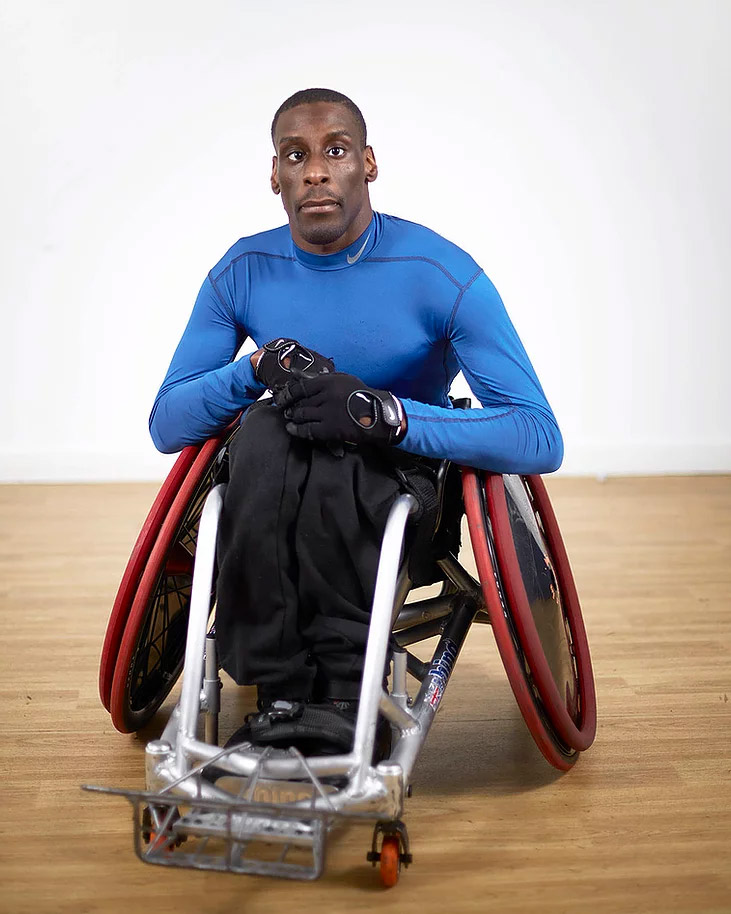 Dexter McLean, from Aspire Gym
Dexter McLean, from Aspire Gym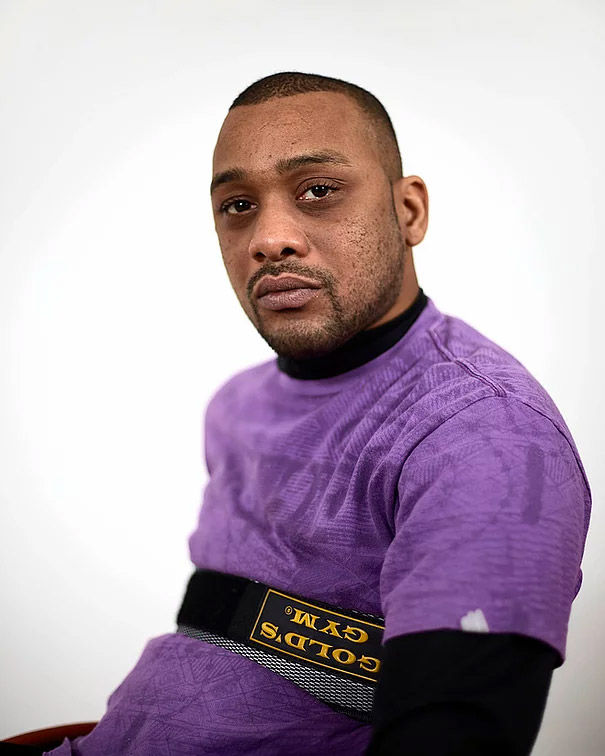 Dexter McLean, from Aspire Gym
Dexter McLean, from Aspire Gym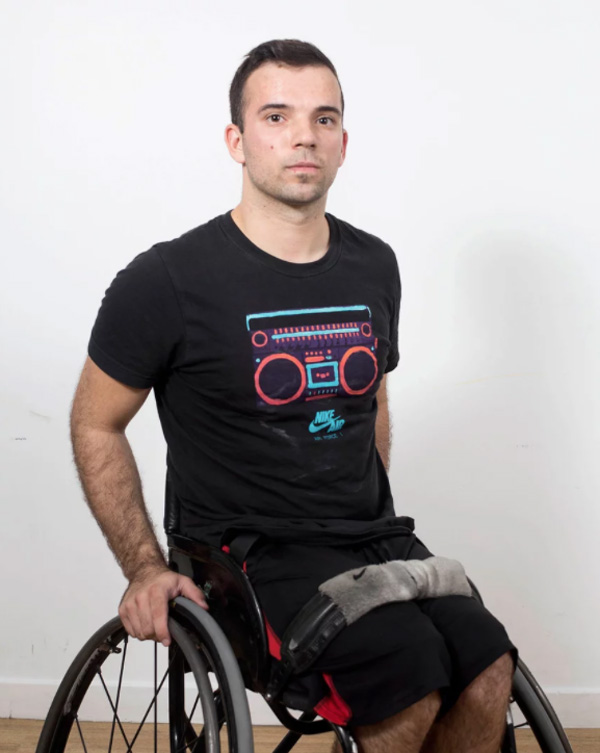 Dexter McLean, from Aspire Gym
Dexter McLean, from Aspire Gym
Image captions: Works from Dexter McLean's commission Untitled, 2020. Archival giclée prints, each 12 x 16 inches. © and courtesy the artist. Commissioned by Autograph for Care | Contagion | Community — Self & Other: 1) Kymarley [detail], 2020. 2) Michelle, 2020. 3) Kamahl, 2020. 4) Keenan, 2020.
Other page images: 5-7) Dexter McLean, from Aspire Gym. © and courtesy the artist.
Autograph is a space to see things differently. Since 1988, we have championed photography that explores issues of race, identity, representation, human rights and social justice, sharing how photographs reflect lived experiences and shape our understanding of ourselves and others.